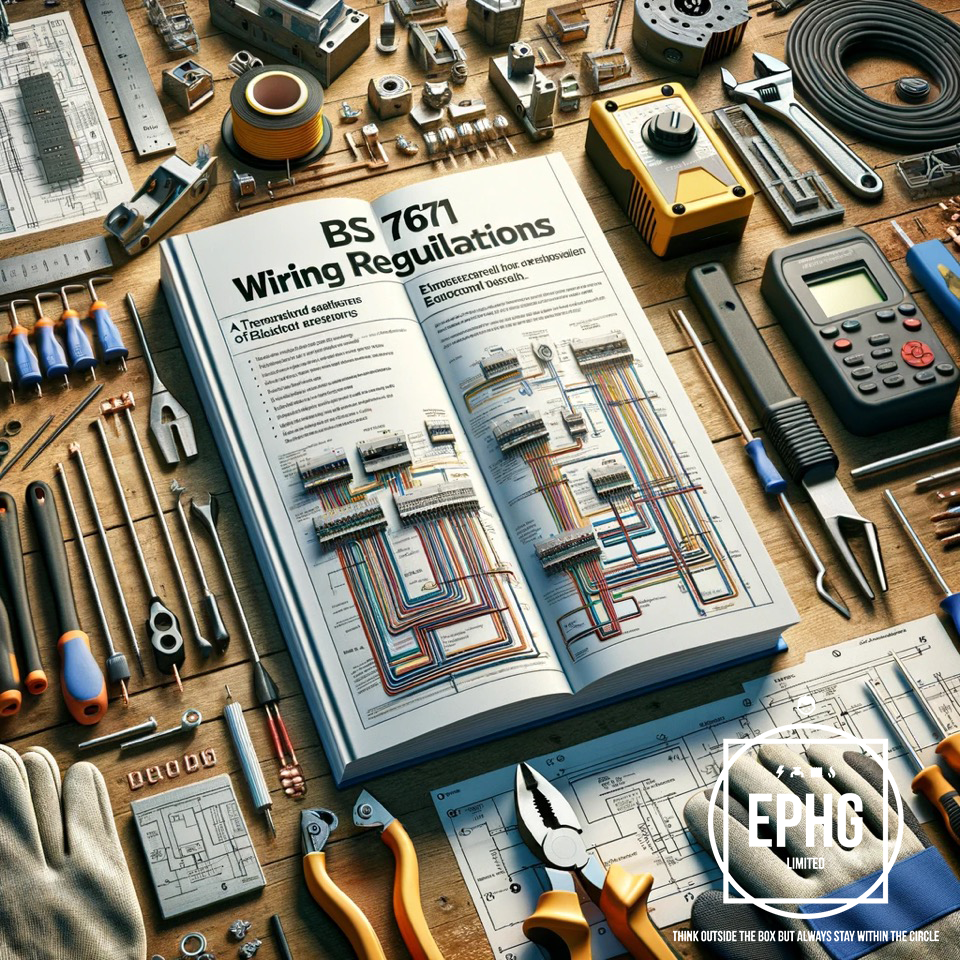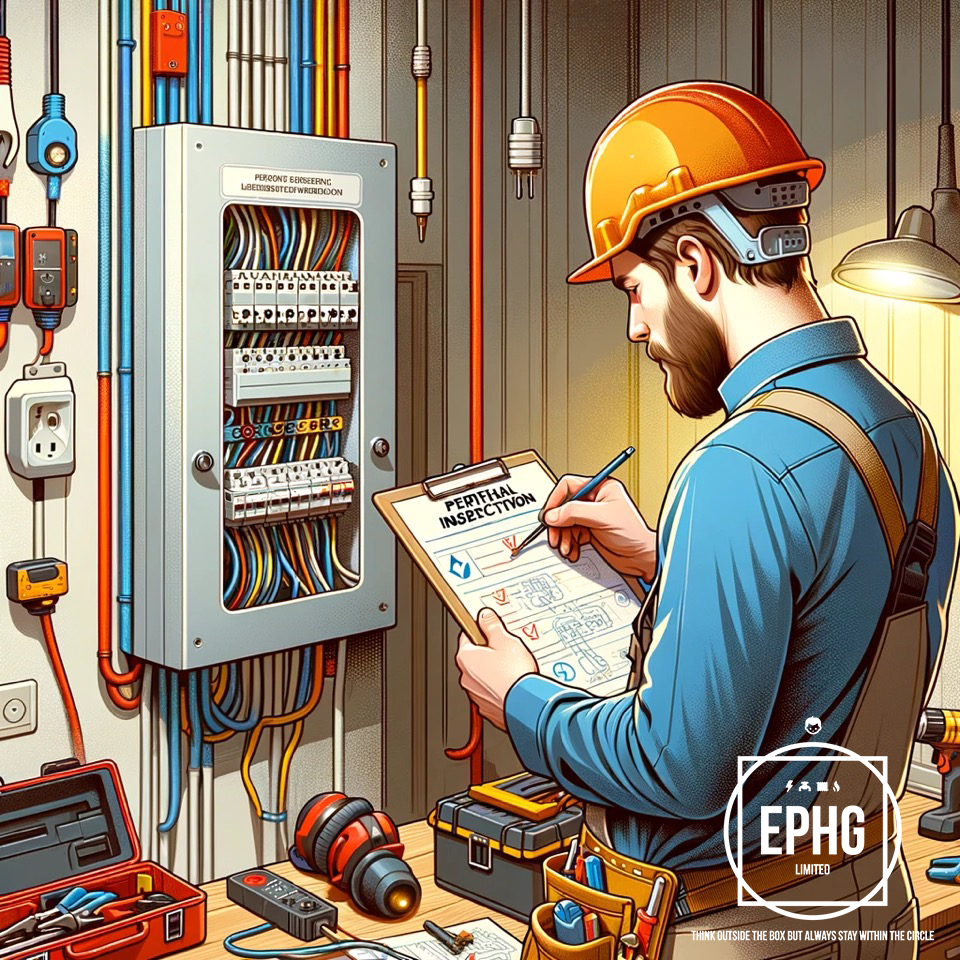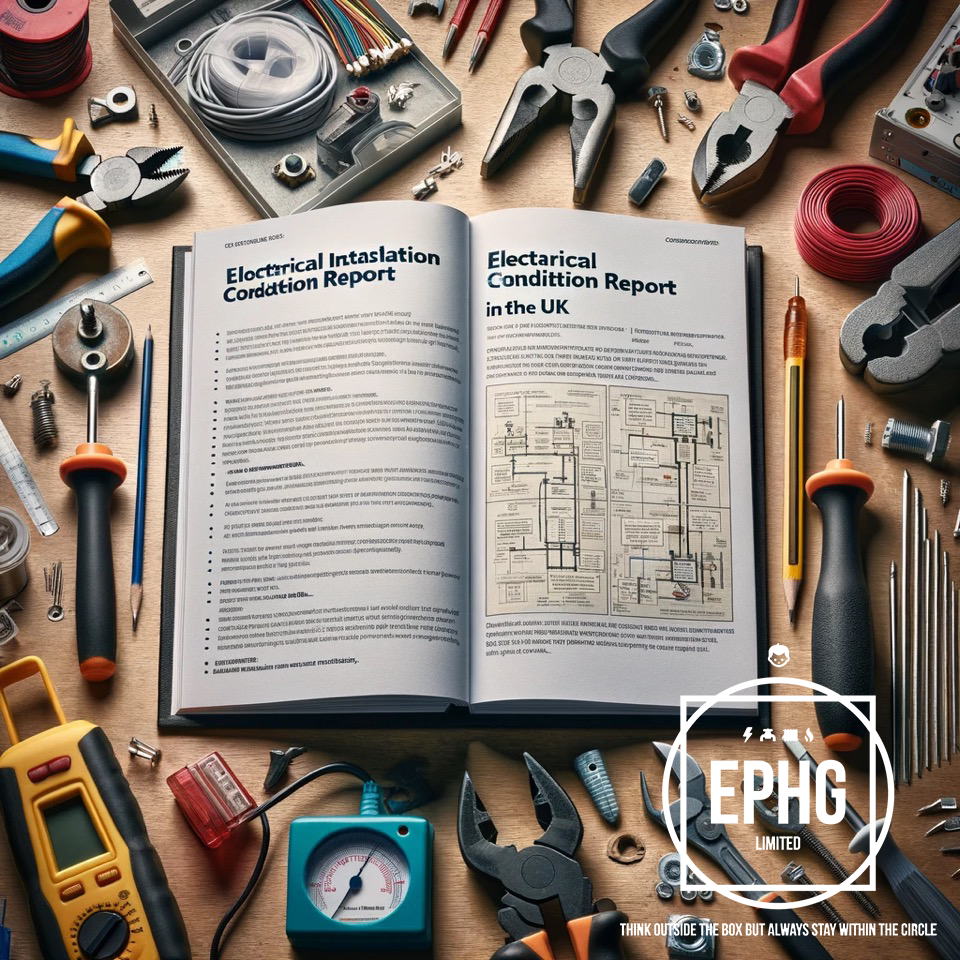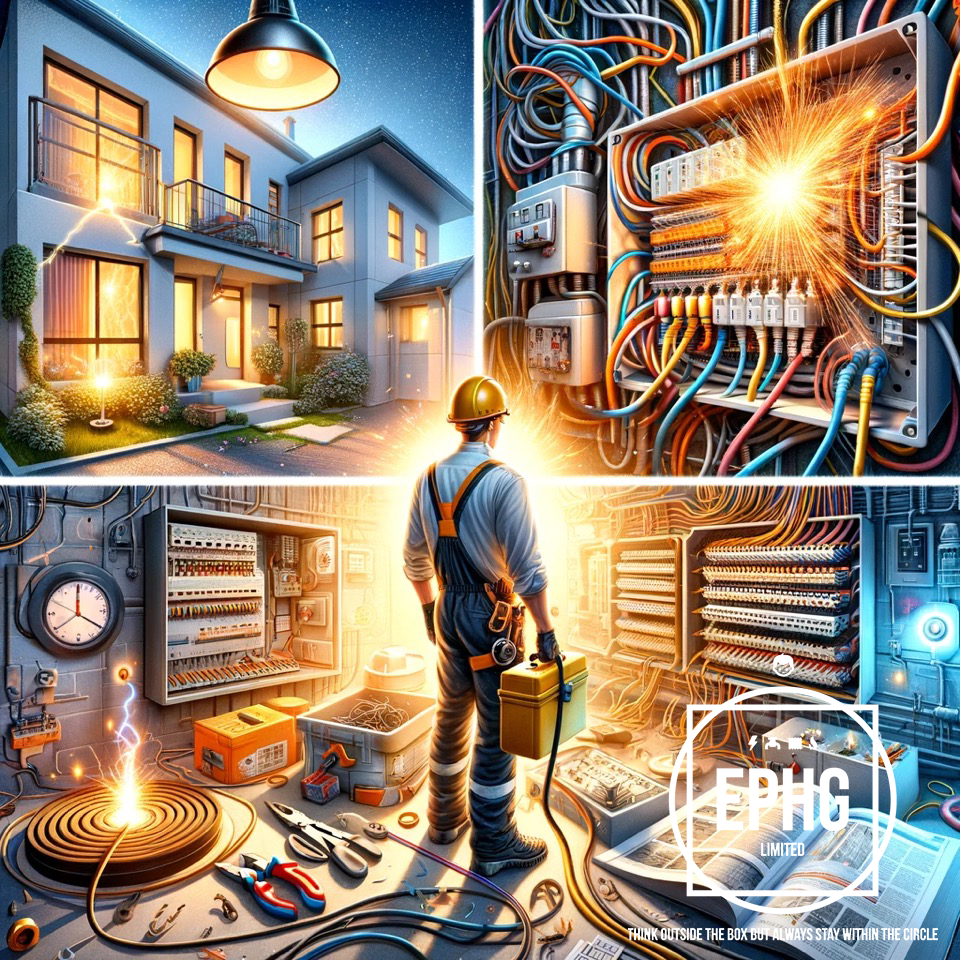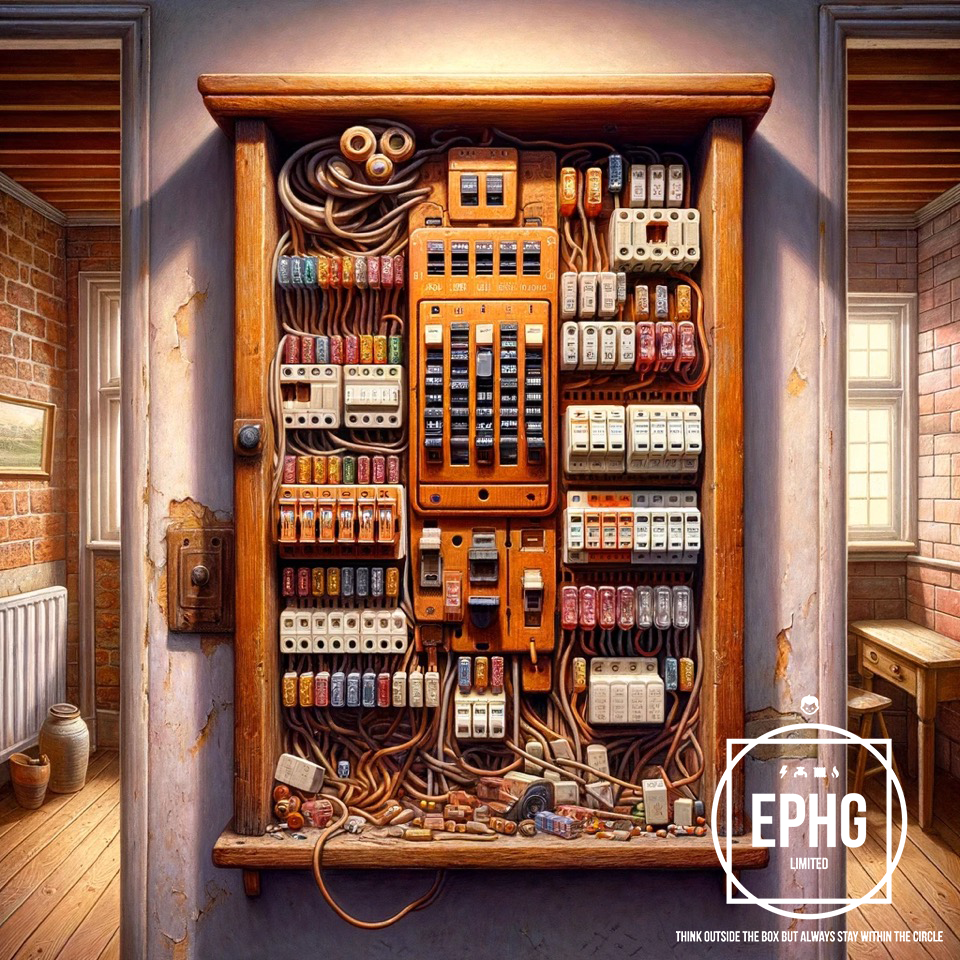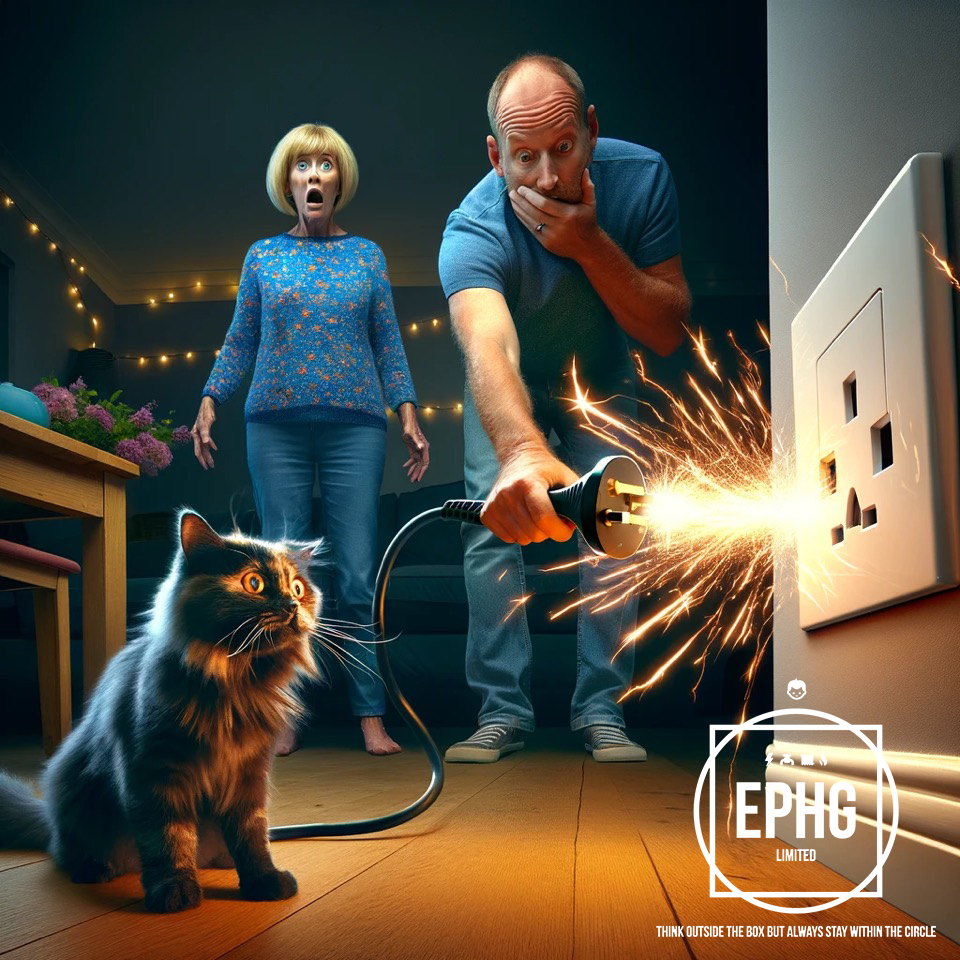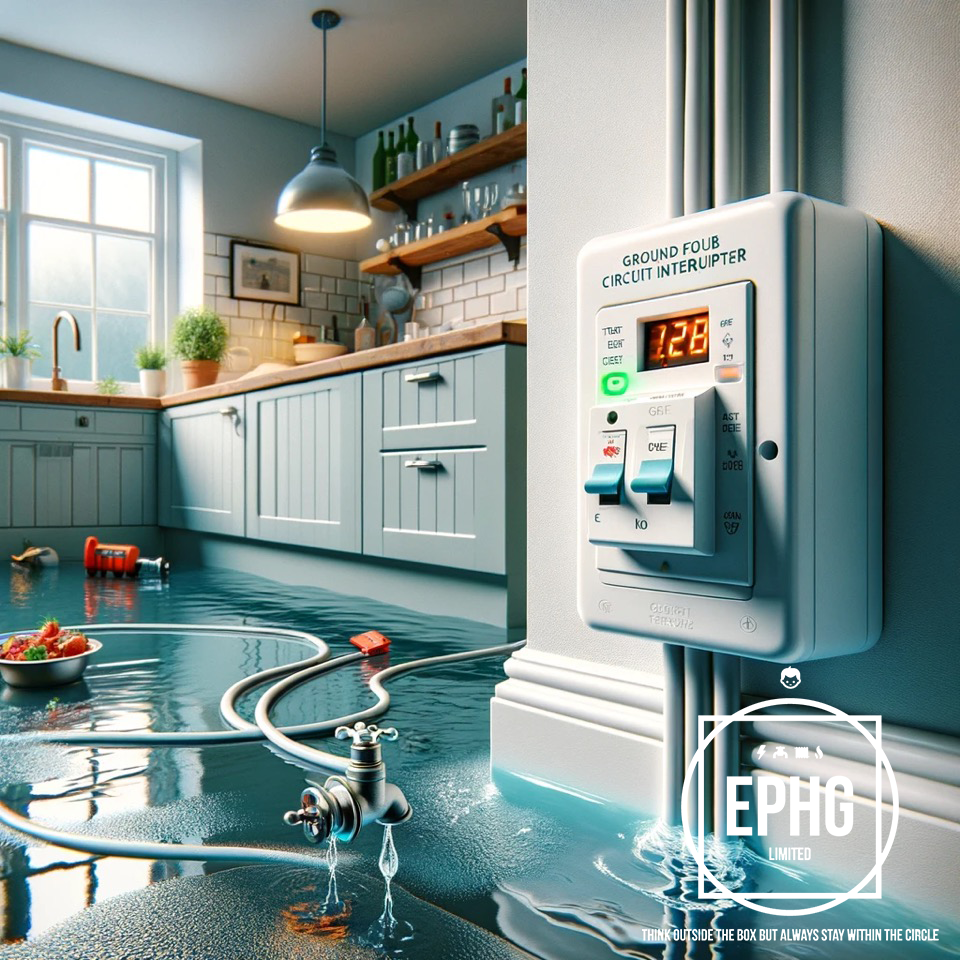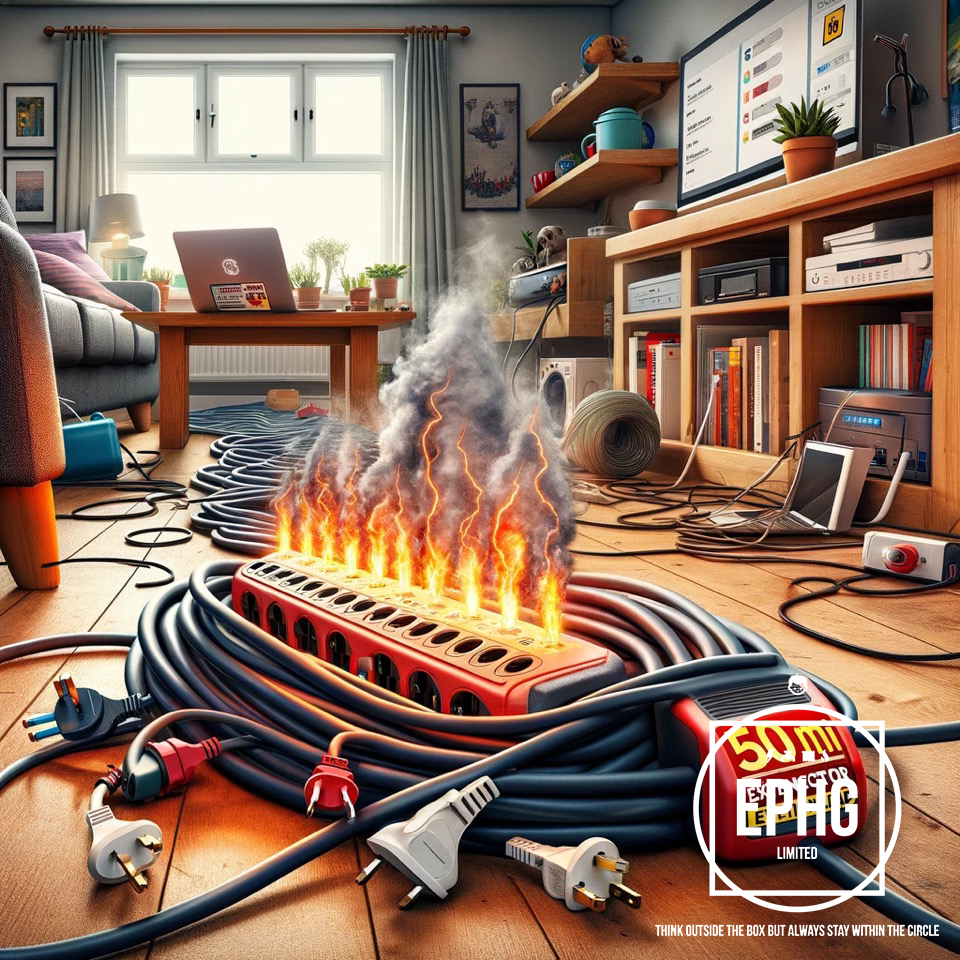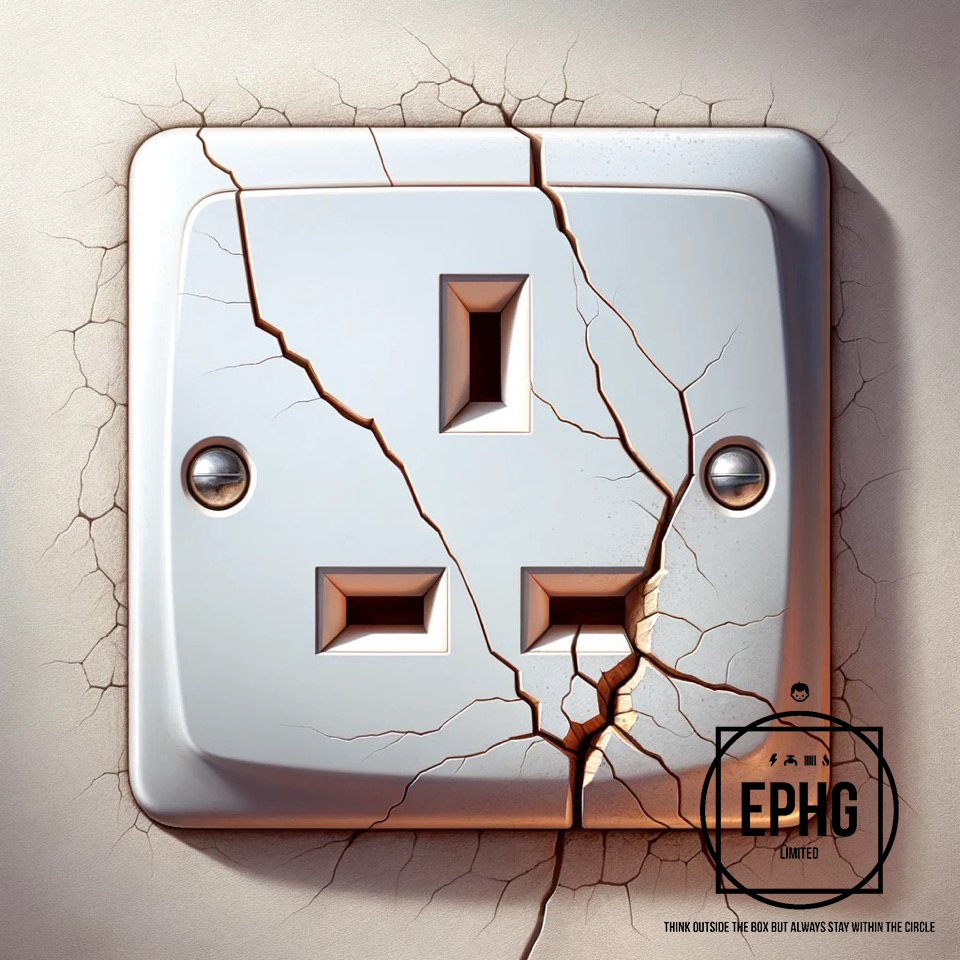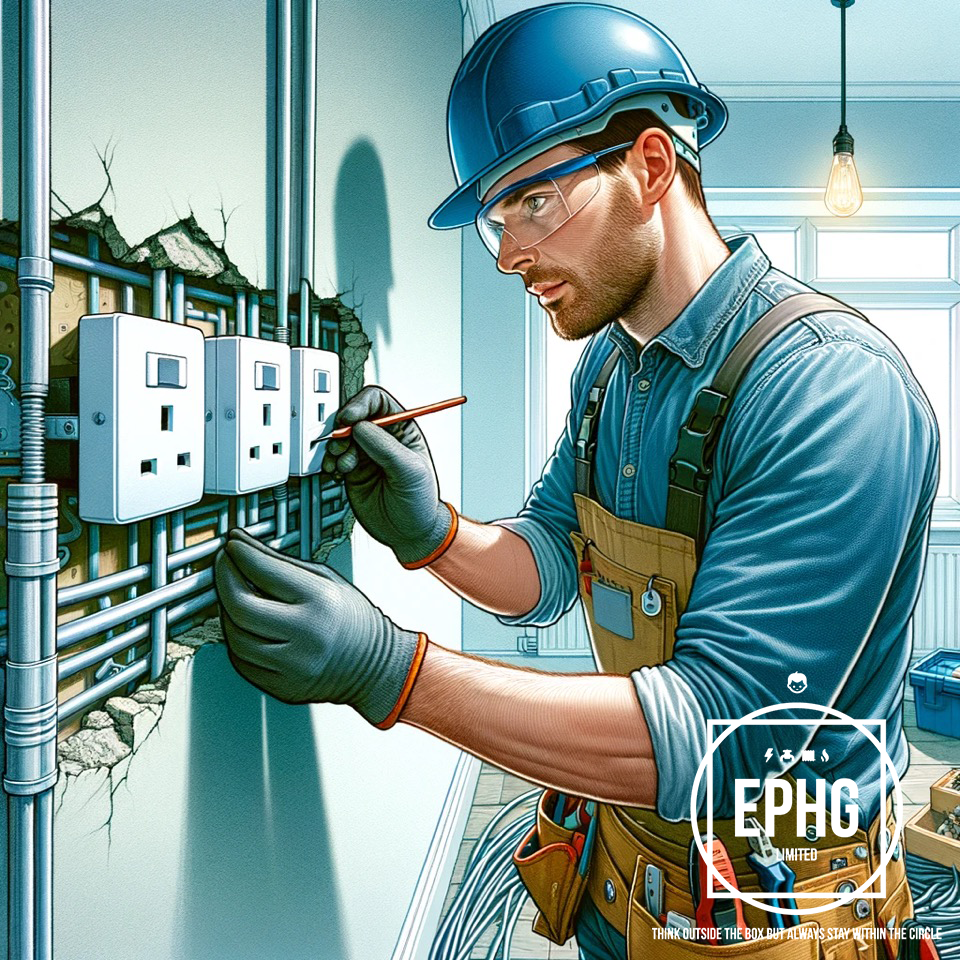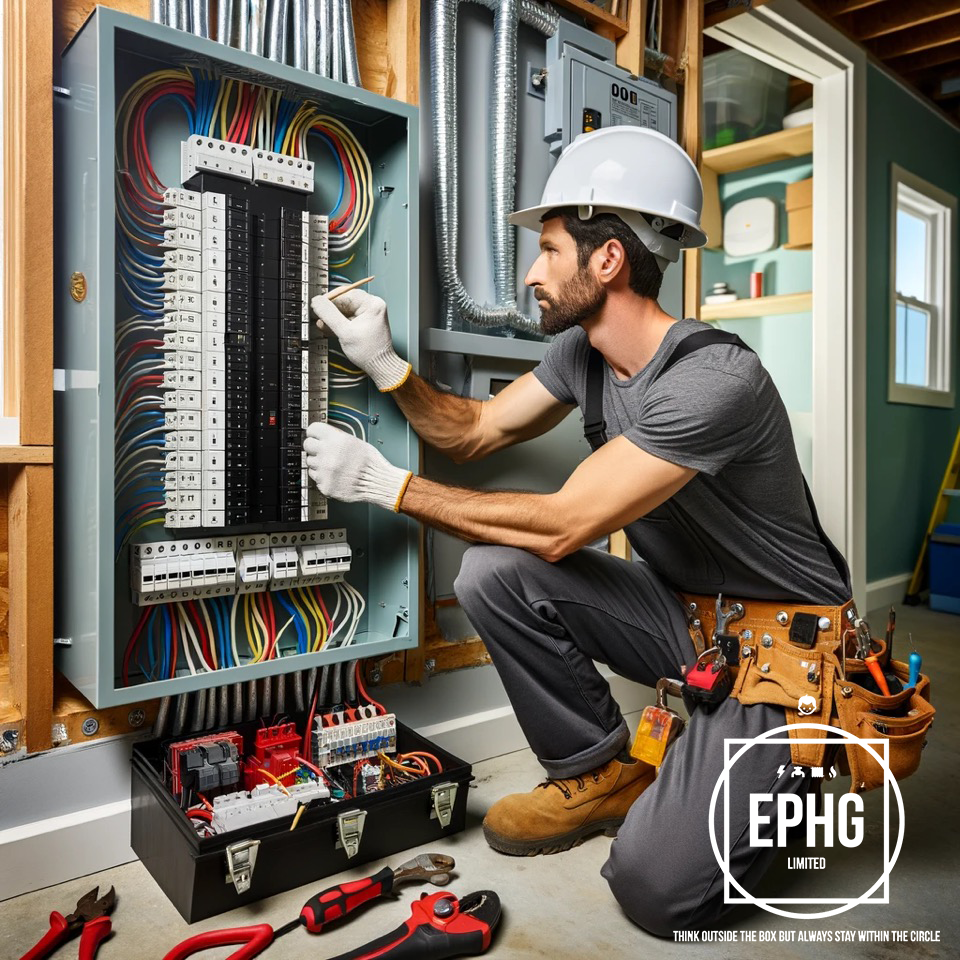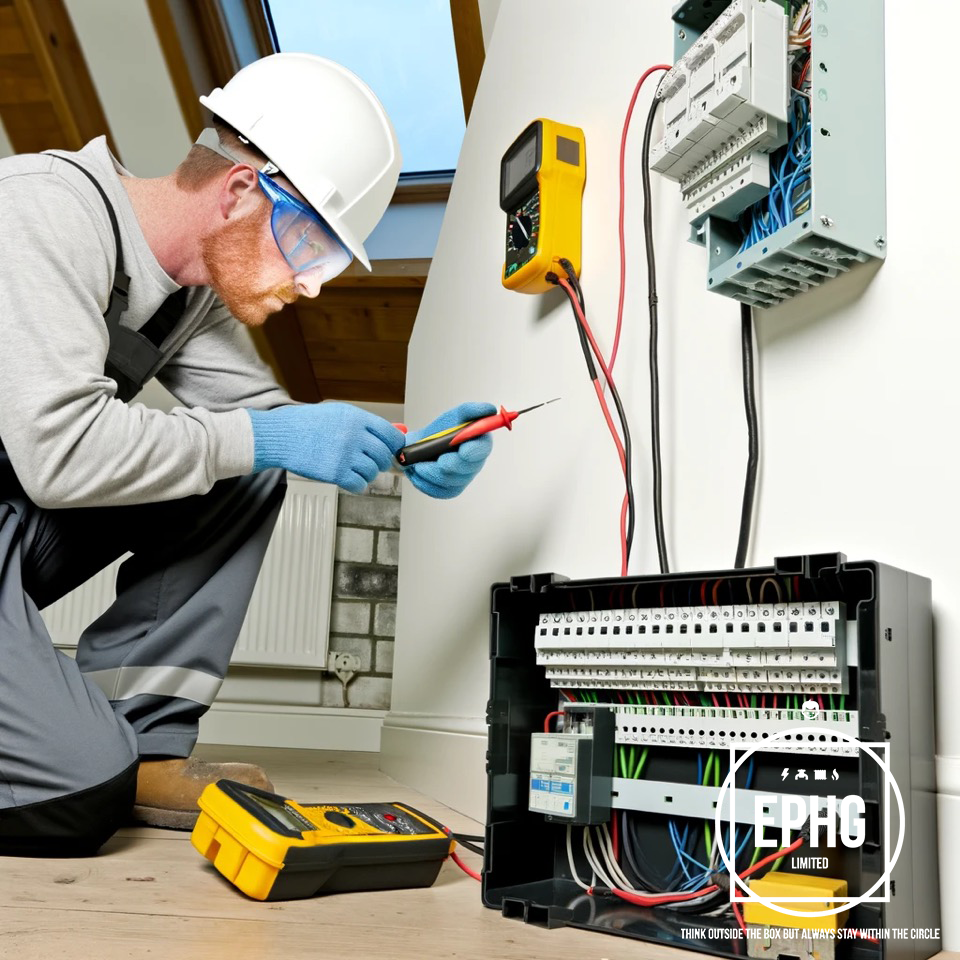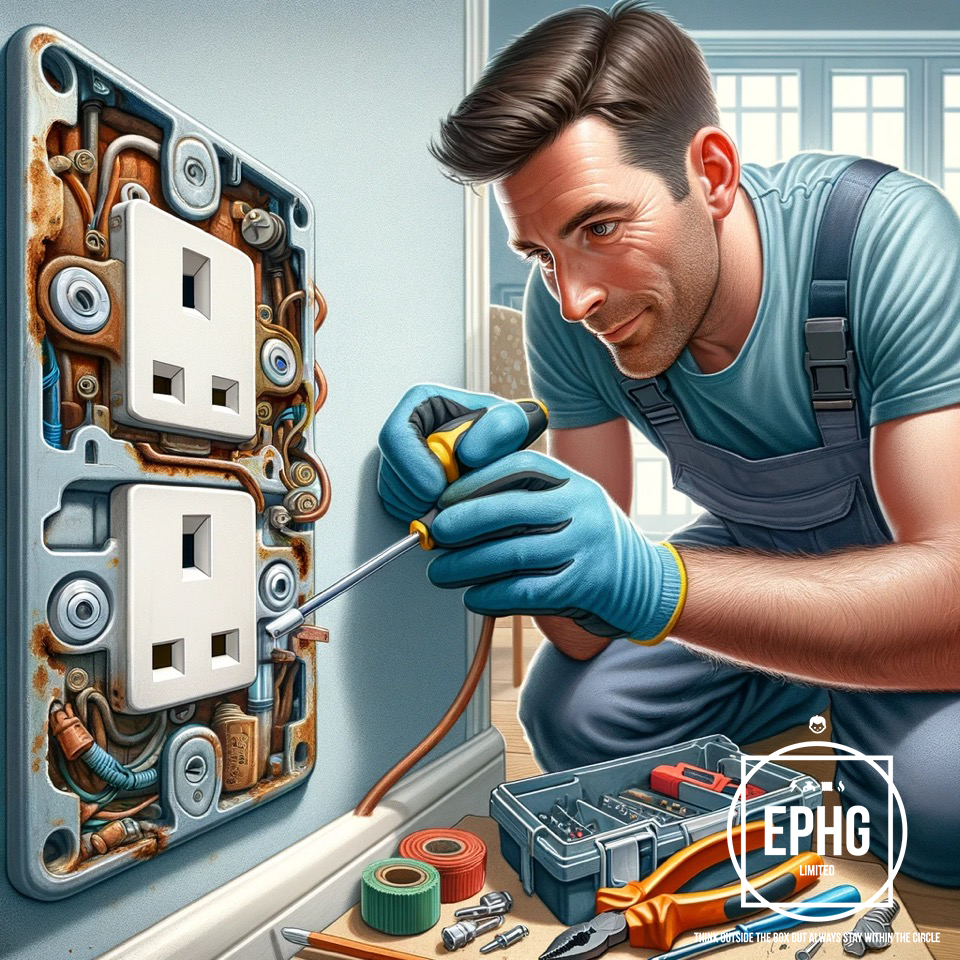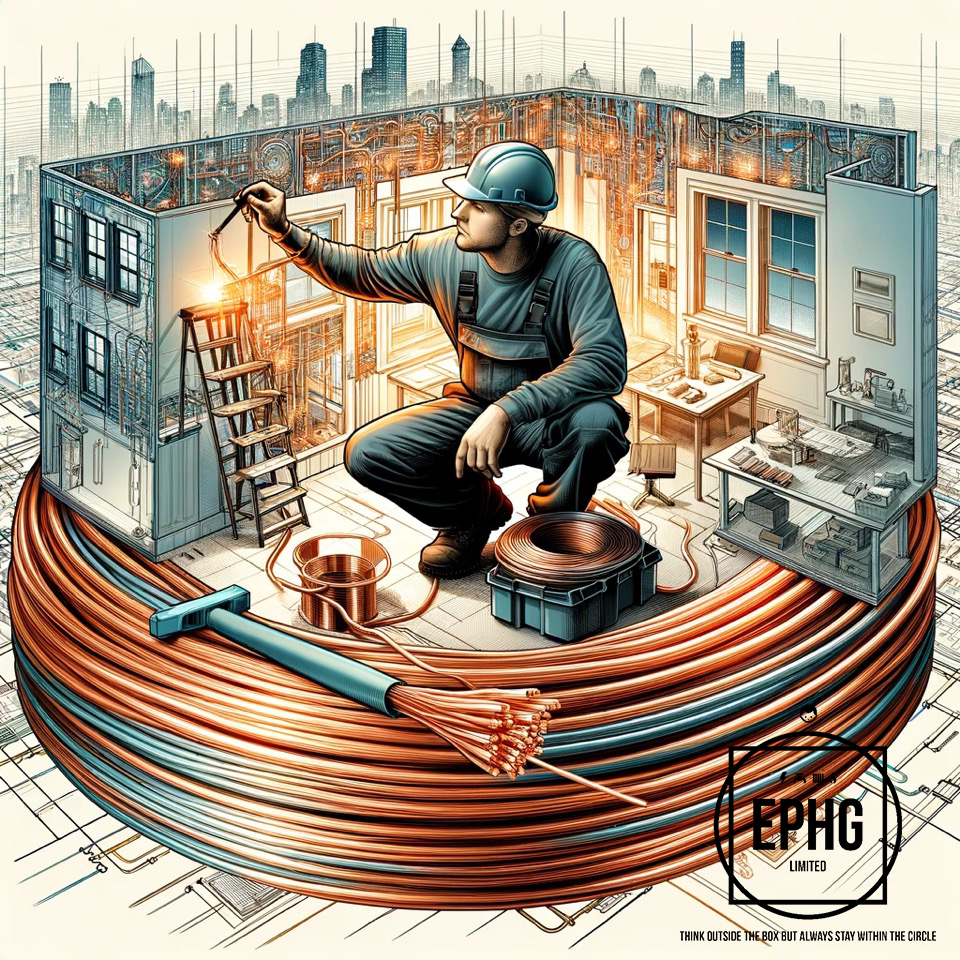

The Essential Guide to Copper Wiring in Electrical Systems
Copper wiring is a cornerstone of modern electrical systems, offering unmatched efficiency, reliability, and safety in power distribution across residential, commercial, and industrial settings. This guide delves into the properties that make copper wiring the material of choice for electrical applications and briefly compares it to its counterpart, aluminium wiring, which will be explored in detail in a separate article.
Why Copper Wiring?
Among conductive metals, copper stands out for its superior electrical conductivity—second only to silver—making copper wiring highly efficient for electrical power transmission. Its ductility, tensile strength, and corrosion resistance further contribute to copper's dominance in electrical wiring applications.
Advantages of Copper Wiring
- High Electrical Conductivity: Facilitates efficient electricity transmission with minimal energy loss.
- Excellent Thermal Conductivity: Helps prevent overheating, enhancing system safety and reliability.
- Corrosion Resistance: Extends wiring system life by maintaining performance integrity over time.
- Flexibility and Durability: Makes installation easier and supports a wide range of electrical system designs.
Applications of Copper Wiring
Copper wiring's versatility is evident in its wide range of applications, from residential and commercial power systems to telecommunications and renewable energy technologies.
Comparing Copper and Aluminium Wiring
While copper wiring is renowned for its efficiency and reliability, aluminium wiring is also used in certain applications, offering a lightweight and cost-effective alternative. However, copper's superior conductivity and durability make it the preferred choice for most electrical systems. A detailed exploration of aluminium wiring will be provided in a subsequent article, offering insights into its specific uses and benefits.
Sustainability and the Future of Copper Wiring
The recyclability of copper significantly enhances its sustainability profile, making copper wiring a green choice for electrical infrastructures. As technology advances, the demand for copper wiring in powering innovation, especially in renewable energy and electric vehicles, continues to grow.
Conclusion
Copper wiring plays an indispensable role in modern electrical systems, preferred for its conductivity, safety, and environmental benefits. Its significance is poised to increase as we advance towards more sustainable and efficient electrical and electronic technologies.

